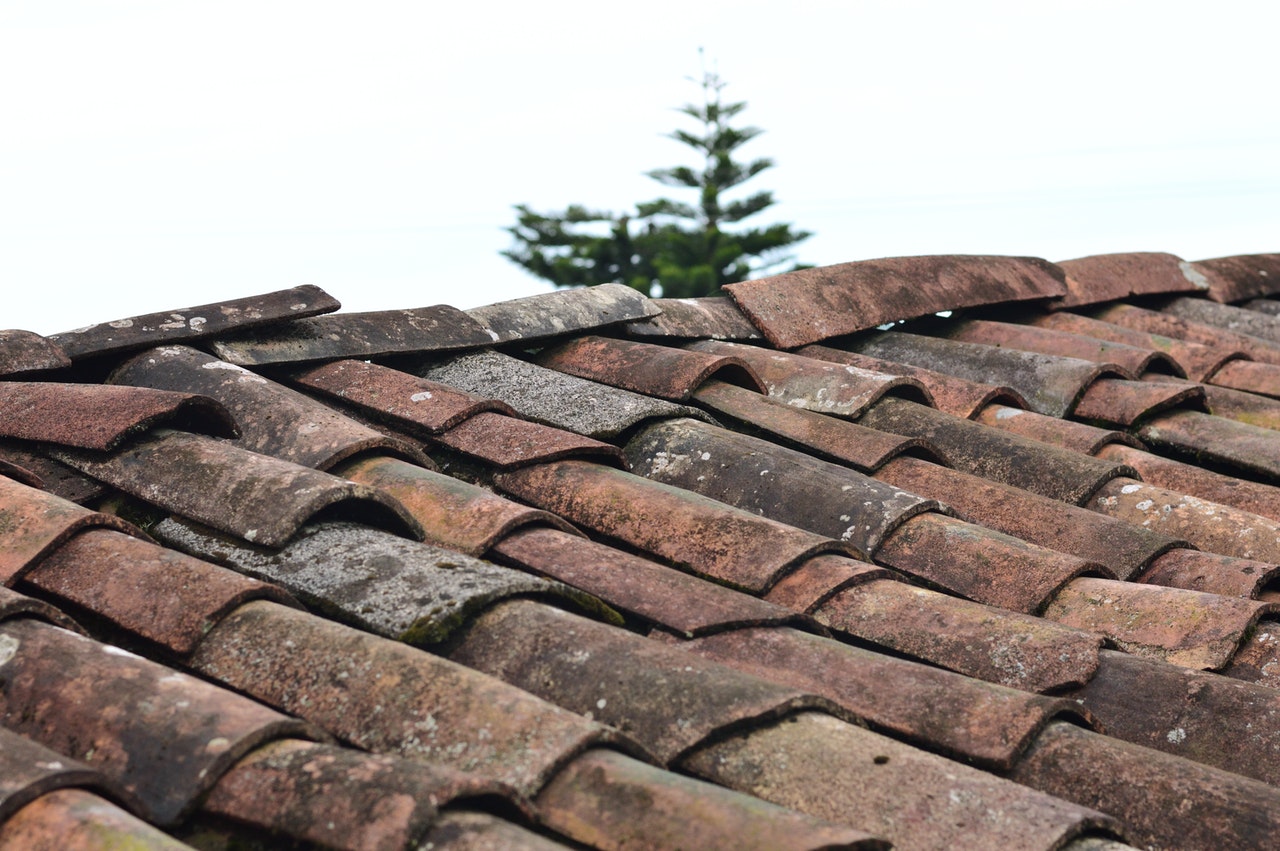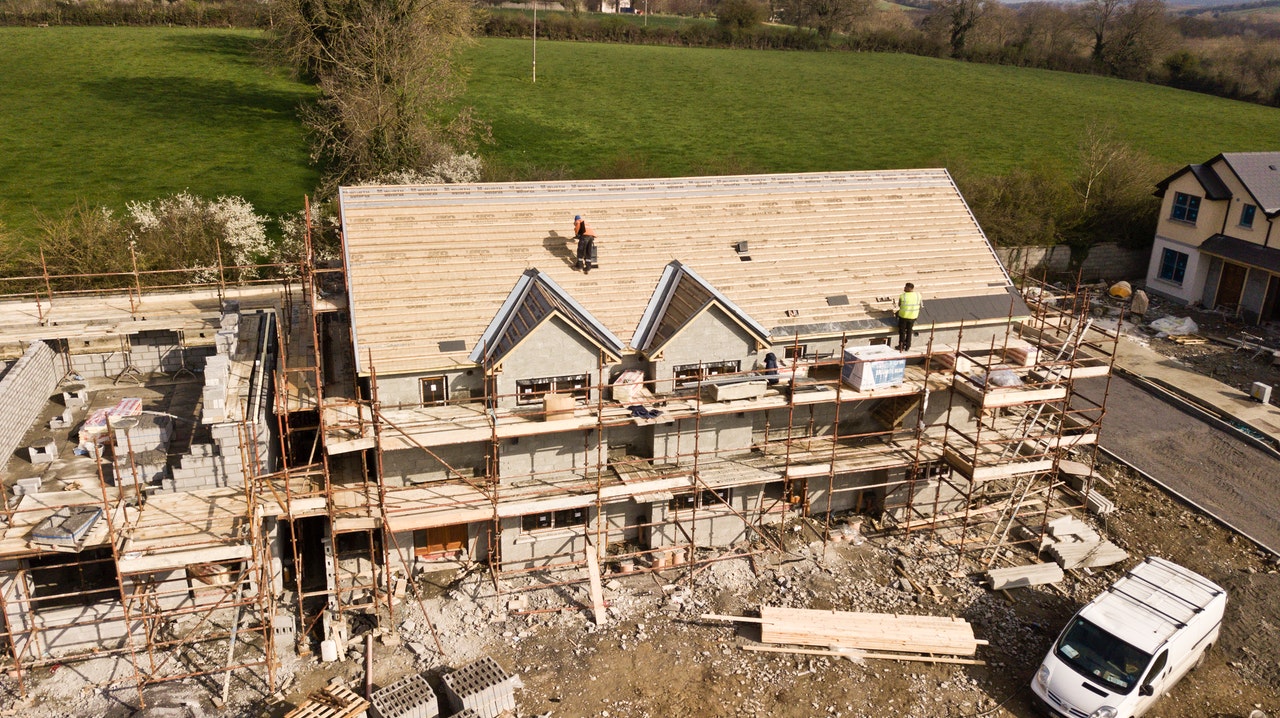If your house is 20 years old or older, it may be time to replace your roof. Before you jump the gun and start tearing your roof apart, there are specific things to look for to determine if you do need a new roof. Once you’ve determined that your roof does need replacing, you’ll want to consider which materials you’ll use, which contractor to hire, how the old roofing material will be disposed of and a few other things. We’ve got you covered at each step of the decision-making process.
Things to Consider When Determining if You Need a New Roof
 It may be time for a new roof if:
It may be time for a new roof if:
- Water is leaking into your home
- Shingles are cracked or damaged
- The roof is sagging
- There is mold in your home
- Moss is growing on the roofing material
- It’s been 20 to 25 years since the roof was last replaced
These are some additional concerns that may indicate it’s time for a new roof:
- Wind damage – If a shingle has been lifted due to wind, then it’s possible the sealant and the nail have been loosened, which means repairs are needed.
- Exposed nails – Exposed nails can rust and lead to leaks.
- Granules missing – Your roof will lose granules over time. If you’ve lost a lot of granules over a larger area of the roof, it’s time for a new roof.
- Curling – Shingles can curl for various reasons, like being installed improperly or just age. Curling shingles can be a sign of bigger problems like leaks and mean it’s time to replace your roof.
- Roof cement – Some less-than-desirable roofers will use cement to install metal flashing (the material used to prevent leaks where shingles meet other surfaces). If this is the case for your roof, you need to fix it.
- Damaged plumbing vent boots – Check plastic plumbing vent boots for cracks and metal plumbing vent boots for broken seams. Also, examine the rubber boot surrounding the pipe. In this case, replacing the boot will solve the problem, and you will not need a whole new roof.
- Damaged shingles – If you have shingles that are broken or cracked, that leads to leaks, so make sure to have them replaced.
- Roof vent issues – If your roof vent has cracked housing or broken seams, it’s time to have it replaced.
- Holes in your roof – You may have holes in your roof due to a satellite dish or something similar. These holes need to be fixed either with flashing or spot replacing the roof.
- Algae – If you have black streaks on your roof, that means you have algae. This will get noticeably worse every year. The algae will trap moisture and cause your shingles to lose granules and age faster.
Things to Consider When Getting a New Roof
 If you’ve determined that you do need a new roof, consider these things before your move forward:
If you’ve determined that you do need a new roof, consider these things before your move forward:
- Roofing material options – Traditionally, roofs are made of asphalt and slate, but now many people choose metal roofs that resemble other materials but last longer. Consider all of your options before going ahead with your new roof.
- Deciding on a contractor – You’ll want to shop around and compare your options for contractors. After all, you will be spending a lot of money, so you want to make sure the job is done right. Get references from friends and family, and make sure the contractor you consider has insurance and a license.
- Contractor quality – Though it may be tempting to go with the lowest-priced contractor, a new roof is not something you want to compromise on when it comes to quality. Usually, you get what you pay for, so be willing to invest a little more to make sure the job is done right with quality materials.
- Roof removal – Ask your contractor if they will be removing the old roof. If you have rot, then just replacing the shingles is not going to get you far. You need a whole new roof.
- Material disposal – Ask the roofers how they will dispose of the material from your old roof. Will they bring a container to put the material in? Where will they place the container? What will they do if the container causes damage to your driveway?
- Read your contract carefully – Make sure your contract includes specific details about the cost and materials used. Also, make sure the contractor is following the building code for your town and has the proper permits.
Do you still have questions about replacing your roof? We’d love to help! Reach out to us at 571-234-5589 or email us at [email protected]. For videos on lead generation, Facebook tips, handy Realtor tools and more, be sure and check out our YouTube channel.
